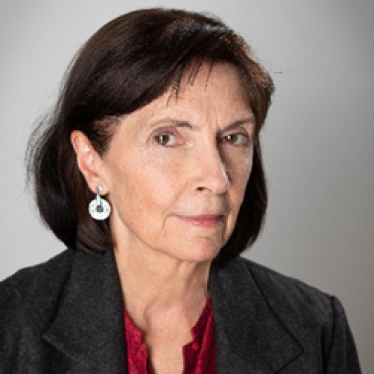An Afghan police raid on the home of two female journalists in Kabul raises concerns about rising threats to women in public life – in this case from the Kabul police, who seem to have taken a page out of the Taliban’s playbook.
At about midnight on October 15, Afghan police from Kabul’s district 10 forcibly entered the home of photojournalist Tahereh Rezaei, which she shares with another female journalist. Rezaei reported that the police did not have a search warrant as is required under Afghan law and made the two journalists and several guests hand over their phones while they searched the house, including the bedrooms and the women’s laundry. The police also filmed the women without giving an explanation for doing so.
The police then told Rezaei to sign a statement stating that she would never again host gatherings where music is played. The guests were also told to sign statements that they would not participate in such events.
The response from senior government officials was no less disturbing. When Etilaatroz, an Afghan media site, published Rezaei’s account, Afghanistan’s Vice President Amrullah Saleh dismissed the allegations as a “rumor” and issued an additional threat to those reporting it: “[T]hose who spread this rumor must be held accountable. Work with the government. Opposition to the government and spreading rumors against the government and defamation of institutions is cooperation with the enemy.”
Saleh has also threatened journalists for reporting on civilian casualties.
The Ministry of Interior also dismissed the report, claiming the search was carried out “in the presence of a prosecutor” – which would not replace the need for a lawful warrant.
The Afghan police have a long and deeply flawed record protecting women’s rights. At a moment when Afghan women are fighting to ensure that women’s rights are protected in a peace agreement with the Taliban, who banned music when in power in the 1990s, this action by the police and the response of senior officials is particularly concerning. It raises serious questions about the government’s commitment to defend women’s rights and media freedom in the negotiations.










